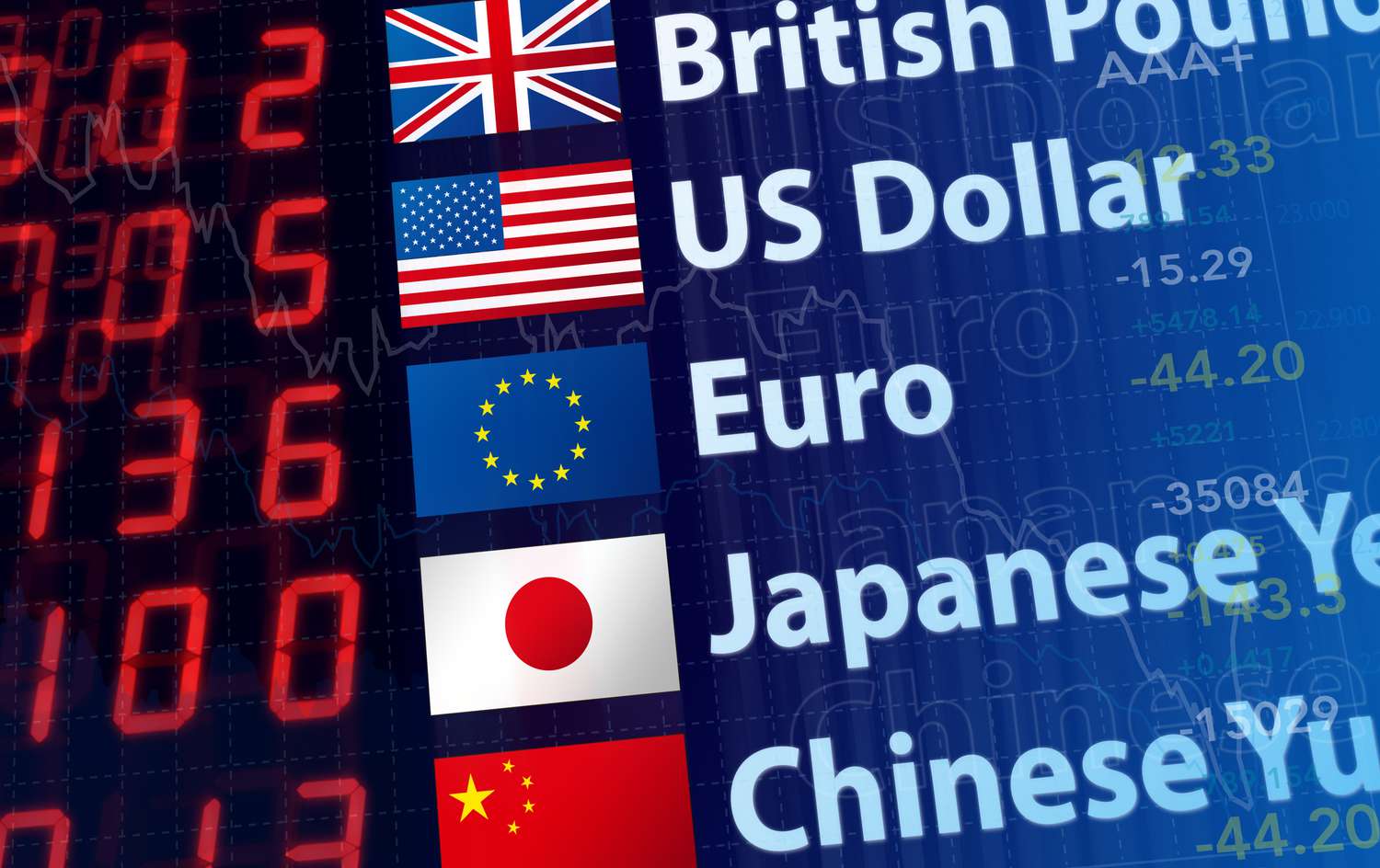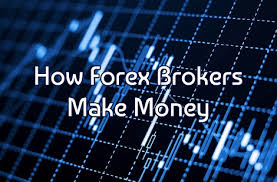How Economic Events Affect Forex Prices (NFP, FOMC, CPI, etc.)
The forex market is highly sensitive to economic events and indicators, as they provide insights into a country’s economic health and influence investor sentiment. Below, we break down some of the most significant economic events that impact forex prices.
1. Non-Farm Payrolls (NFP)
What is it?
The NFP report, released on the first Friday of every month by the U.S. Bureau of Labor Statistics, measures the number of new jobs created in the U.S. economy, excluding farm workers, government employees, and private household workers.
Impact on Forex:
- Better-than-expected NFP: Strengthens the USD as it signals economic growth and potential interest rate hikes.
- Worse-than-expected NFP: Weakens the USD as it indicates economic slowdown and possible rate cuts.
- Volatility: High, especially for USD pairs like EUR/USD, GBP/USD, and USD/JPY.
🔹 Example: If the NFP report shows 300,000 jobs added (vs. expected 150,000), the USD will likely rise.
2. Federal Open Market Committee (FOMC) Meetings
What is it?
The FOMC, a branch of the U.S. Federal Reserve, meets eight times a year to discuss monetary policy, including interest rate decisions.
Impact on Forex:
- Rate hike (tight monetary policy): Strengthens the USD as higher rates attract investors.
- Rate cut (loose monetary policy): Weakens the USD as lower rates reduce returns on investments.
- Hawkish tone: Strengthens the USD, as the Fed hints at future rate hikes.
- Dovish tone: Weakens the USD, as the Fed suggests potential rate cuts.
🔹 Example: If the Fed unexpectedly raises interest rates, USD/JPY will likely surge as investors move to higher-yielding U.S. assets.
3. Consumer Price Index (CPI – Inflation Data)
What is it?
CPI measures inflation by tracking the change in the price of goods and services over time. Higher inflation often leads to central bank rate hikes.
Impact on Forex:
- Higher-than-expected CPI: Strengthens the currency as it increases the likelihood of interest rate hikes.
- Lower-than-expected CPI: Weakens the currency as it reduces the need for higher interest rates.
🔹 Example: If U.S. CPI is reported at 5.5% instead of the expected 4.8%, the Fed may be forced to tighten policy, boosting the USD.
4. Gross Domestic Product (GDP) Reports
What is it?
GDP measures a country’s total economic output. It’s released quarterly and indicates economic growth or contraction.
Impact on Forex:
- Stronger-than-expected GDP: Strengthens the currency, signaling economic growth.
- Weaker-than-expected GDP: Weakens the currency, signaling a slowdown.
🔹 Example: If the Eurozone GDP unexpectedly contracts, EUR/USD might decline as investors seek safer assets.
5. Interest Rate Decisions (Central Banks)
What is it?
Central banks (like the Fed, ECB, BoE, and BoJ) set benchmark interest rates, influencing borrowing costs and forex prices.
Impact on Forex:
- Rate hike: Strengthens the currency (higher returns for investors).
- Rate cut: Weakens the currency (lower returns).
🔹 Example: If the Bank of England unexpectedly cuts rates, GBP/USD may drop.
6. Geopolitical & Political Events
What is it?
Elections, wars, trade conflicts, and global crises can cause massive forex market fluctuations.
Impact on Forex:
- Political uncertainty: Weakens the affected currency (e.g., Brexit caused GBP/USD to drop).
- War or conflict: Strengthens safe-haven currencies like the USD, JPY, and CHF.
🔹 Example: During the Russia-Ukraine conflict, the USD and CHF surged as investors sought safe-haven assets.
7. Trade Balance & Retail Sales Data
What is it?
- Trade Balance: A surplus strengthens the currency, while a deficit weakens it.
- Retail Sales: Higher sales suggest economic strength, boosting the currency.
🔹 Example: If U.S. retail sales surpass expectations, the USD may rise as consumer spending drives economic growth.
Final Thoughts
Economic events drive forex market volatility, providing trading opportunities. Traders should monitor key events via forex calendars (like Forex Factory or Investing.com) and apply risk management strategies.
📌 Pro Tip:
Always check the market consensus and compare it with actual results to predict price movements effectively.




